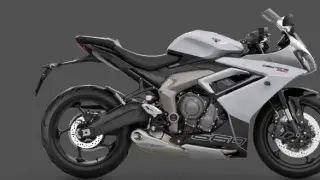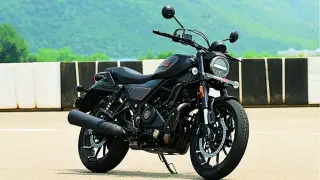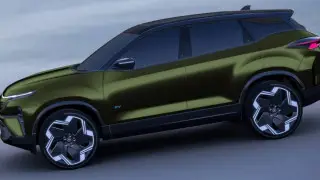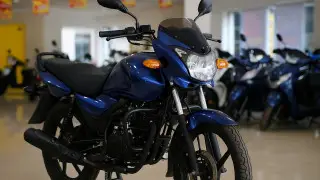
The government is developing plans to implement the strict BS-VII and CAFE-III (Corporate Average Fuel Efficiency) emission standards in an effort to lessen air pollution caused by vehicles. Sources stated that preparations are under way for early implementation, even though these are included in the upcoming five-year vision for sustainability in the transportation industry.
The 'Euro' emission standards that apply throughout Europe are similar to the Bharat Stage (BS) standards for automobiles in India. The European Commission proposed that the Euro-7 standards be put into effect for buses and trucks starting in 2027 and for cars starting in July 2025. India has to catch up with this too, for two reasons: one, to monitor emissions, and second, to export cars made in India to Europe.
The auto industry, which has often opposed these changes, and oil firms, which must improve fuel quality, will need to work together to implement the new standards. It also implies significant investment levels for both sectors.
The Road Transport Ministry is in the process of engaging stakeholders in discussions over the final form of the Euro-7 and how the BS-VII norms should be drafted. The automotive industry was pushed by Transport Minister Nitin Gadkari to begin BS-VII-compliant vehicle preparations last year rather than waiting for a government mandate. One may remember that the government had asked to mandate that businesses start adhering to the BS-VI standards in 2020.
The whole fleet of automakers is subject to CAFE, which is a cap on the overall amount of carbon dioxide emissions from all of their vehicles in a given financial year. These regulations compel automakers to produce more fuel-efficient vehicles that generate less pollutants. Two target stages have been introduced for the 2018 CAFE norms: a 130 gram/km CO2 emission target by 2022–2023 and a 113 g/km CO2 emission target starting in 2022–2023.













Copyright © 2025 Top Indian News
